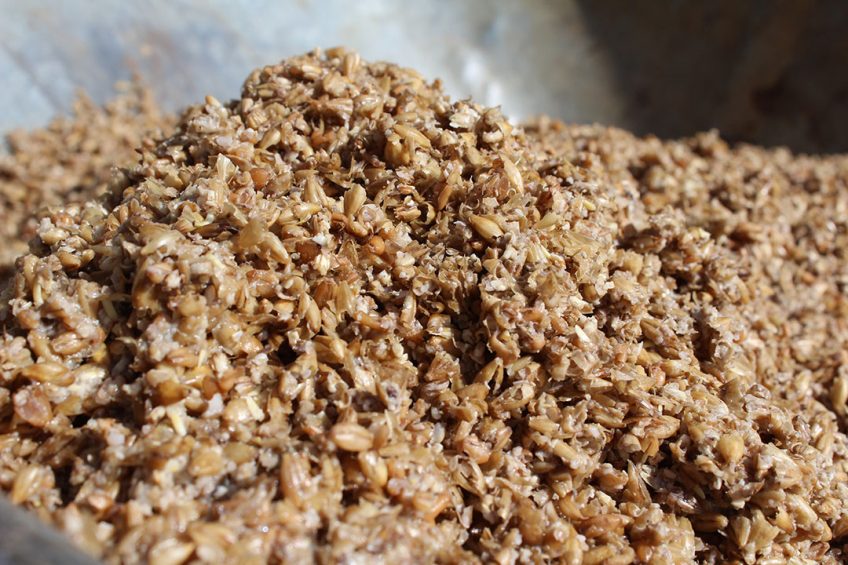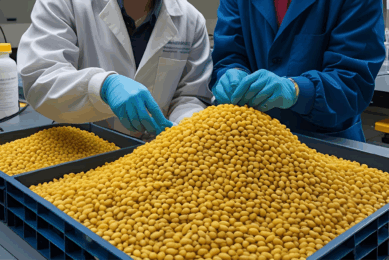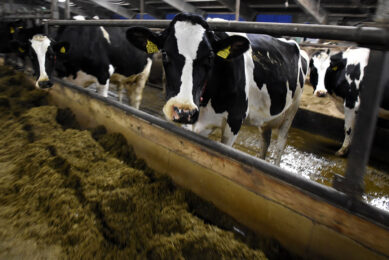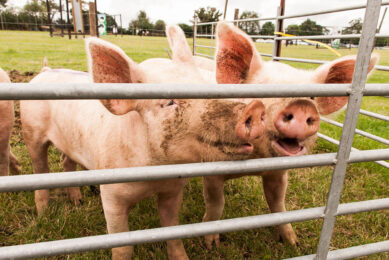Top 5 soybean meal alternatives: 4. Brewer’s spent grains

This is the forth in the series of the top 5 most-promising soybean meal alternatives which we will share over the next couple of weeks, terms of protein profile, availability, sustainability and more. This week we look at brewer’s spent grains.
Soybean meal (SBM) is an excellent protein source for many livestock species and it is currently the most common protein component in compound feed for pigs, poultry and dairy cattle. However, because the price of SBM fluctuates and can be very high, farmers are actively investigating ingredients that can serve as full or partial replacements.
Brewer’s spent grains (BSG)
Brewer’s spent grains (BSG) is the residue which is obtained from brewing based on barley, wheat, maize, rice or oats. It has long been a traditional feed component for cattle and has been fed on a limited basis in some countries to pigs. It is a highly-palatable, wet, low-cost protein feed ingredient that is also rich in lipids and fibre. It is low in starch (energy) and requires a nitrogen source such as urea to provide the full complement of amino acids required by cows.
BSG use in livestock diets
BSG also contains high levels of vitamins and minerals, but supplemental calcium must be provided if this feed component is a significant proportion of the cattle diet. BSG has been found to be a suitable replacement for SBM or fishmeal in aquaculture diets. Specifically, scientists have found that this ingredient can replace up to 100% of SBM without a significant reduction in the growth of tilapia. Its high fibre content limits its use with broiler chickens, but it can be used with some success.
The cost of BSG can fluctuate
BSG requires specialised handling and storage and is best fed to livestock soon after delivery to avoid spoilage. In addition, its high moisture content of up to 80% water can result in high costs for transport over long distances. Because large amounts of BSG are available in summer when beer production peaks, but at a time when cattle are out at pasture, BSG can be dried or siloed so that it can be fed to cattle in winter when pasture is not available. This adds costs, but drying can be done in some areas using heat from the sun. BSG silage must be managed carefully in terms of temperature, pH and more.











